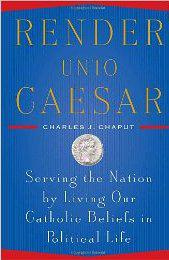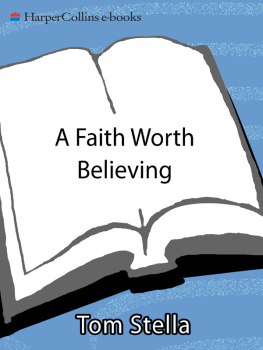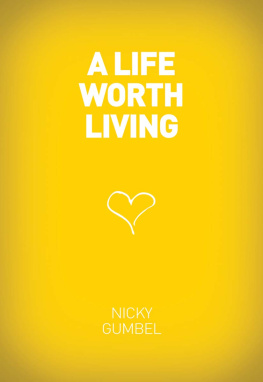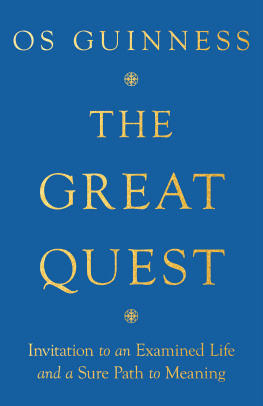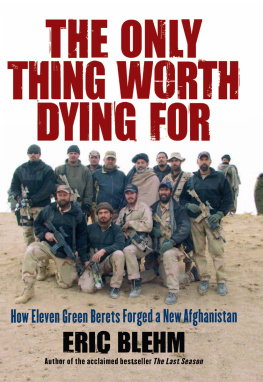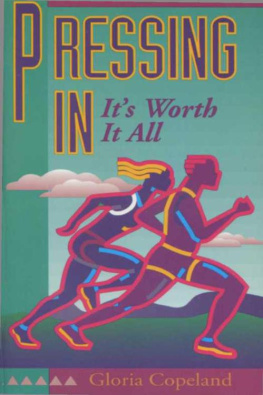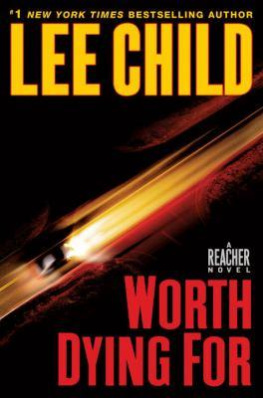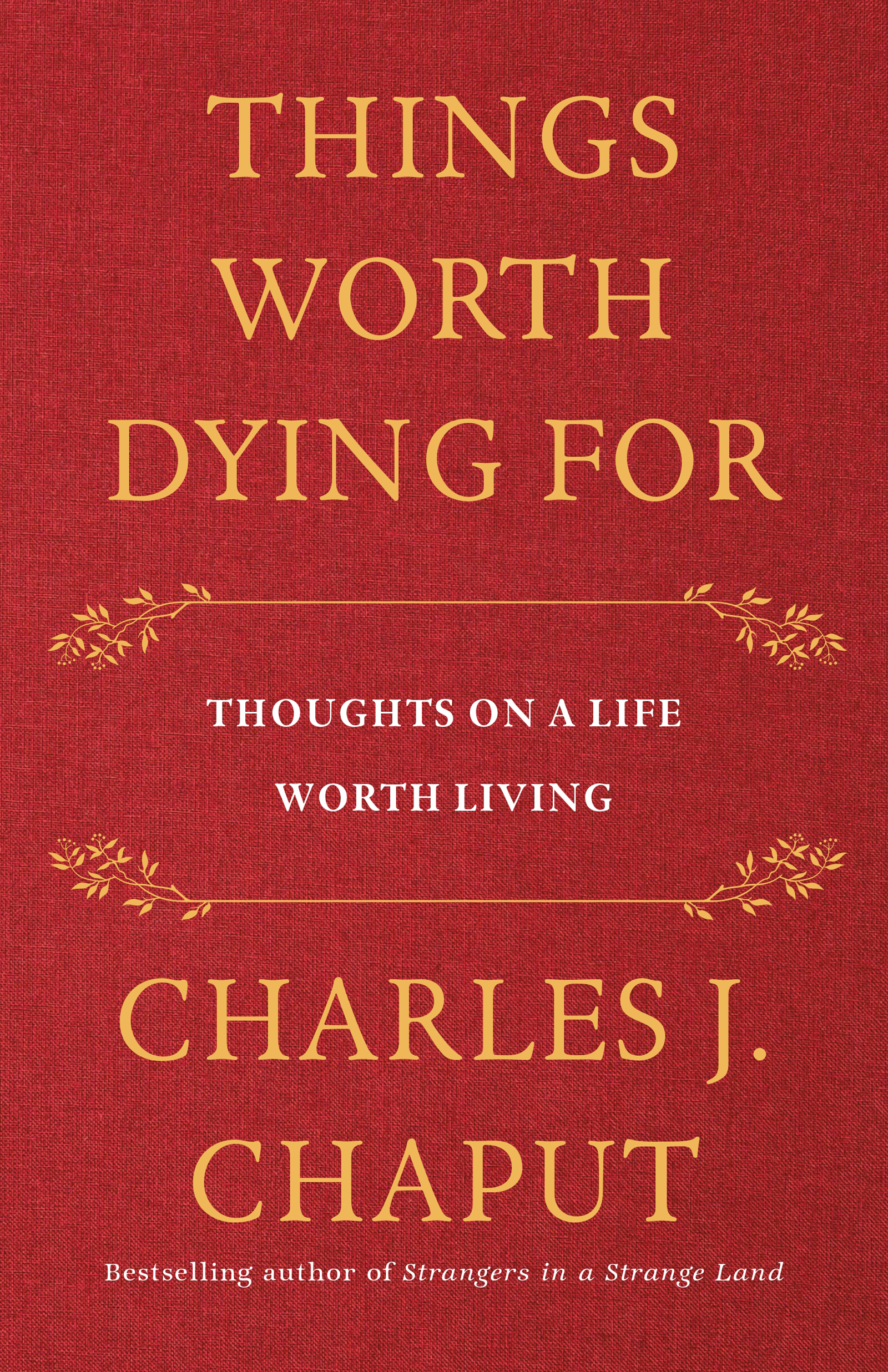The author and publisher have provided this e-book to you for your personal use only. You may not make this e-book publicly available in any way. Copyright infringement is against the law. If you believe the copy of this e-book you are reading infringes on the authors copyright, please notify the publisher at: us.macmillanusa.com/piracy.
Anyone who has truly known God can never be cured of him.
Without memory there is no culture. Without memory there would be no civilization, no society, no future. That is my major preoccupation, memory, the kingdom of memory. I want to protect and enrich that kingdom, glorify that kingdom, and serve it.
Elie Wiesel
At night, looking North Along The coast from Jaffa, the Tel Aviv skyline rises out of the sea like a circus of light against a black sky. Termed the Mediterranean capital of cool by the New York Times, the city is Israels economic and creative nerve center, a brash sibling to its elder brother, Jerusalem, just forty-five miles up the road.
The average age of Tel Avivs populace in 2019 was thirty. A flourishing social life fuels five-star restaurants and hotels. Foreign embassies and government offices dot the streets. High rises of steel and glass shape the horizon. Violent crime is rare. In a region of chronic conflict, the city is remarkably safe. Greater Tel Aviv enjoys one of the highest standards of living in the Middle East.
Its founders would be proud. They built better than they knew.
Tel Aviv-Yafo, the citys full name, began as an empty sand dune and sixty Jewish families. The year was 1909. Tired of the crowding in nearby Jaffa (Yafo in Hebrew), the families moved outside the ancient town. They set about creating, from nothing, a modern, self-run Jewish community, the seed of a new Israel. They designed it on a modern urban model. It had proper streets, sanitation, and construction. And their labors took root. Inspired in part by the dream of a revived Jewish nation in the historic Jewish homeland, they committed themselves to building a source of hope for Jews everywhere. After Israel declared independence in 1948, Tel Aviv annexed largely Arab Jaffa in 1950.
The key to Tel Avivs DNA is its pride in a new Israeli identity. It rejects any captivity to the past. Israels national Holocaust museum, Yad Vashem, keeps alive the memory of Jewish suffering at the hands of a hostile world, especially in the Shoah. But Tel Aviv is young. It turns itself firmly toward the future.
The trouble with the future, though, is that its tied inescapably to the past. It grows from our choices and actions here and now. The future gestates in the present, and the present is formed by the past. Jaffa, the womb that birthed Israels capital of cool, is vastly older than Tel Aviv. Humans have lived in the place now known as Jaffa for 3,500 years.
Jonah set sail for Tarshish from Jaffa in his flight from God. Solomon brought cedars from Lebanon through Jaffas port in building the First Temple. Peter healed Dorcas in Jaffa and had the vision that convinced him to preach to gentiles. Canaanites, Egyptians, Assyrians, Babylonians, Greeks, Romans, Byzantines, Persians, Muslim caliphates, Crusaders, Turks, French, British: All have ruled here. All have disappeared into history. All have added to the weight of the past.
As in Jaffa, so throughout Israelor Palestine, or the Holy Land; the name itself is a source of friction. It varies according to how one views this small strip of geography at the crossroads of Europe, Asia, and Africa. Trade routes have curved along the coast here for millennia, like arteries feeding the limbs of a body. So too have armies. Sometimes their goal has been wealth; sometimes imperial ambition. But something more precious than gold is in the soil here, especially in Jerusalem. The land is God-haunted, soaked in meaning and often in blood. It is qadosh, the Hebrew word for other than, set apart, sacred. Both Jews and Palestinians see this geography as their home. Both have arguable claims. But their political conflict is compounded by a religious history thick with rival notions of purpose and destiny.
Americans tend to be bad at history. Were a nation founded as a novus ordo seclorum, a new order of the ages. Israel is different. In Israel, the past is a living force.
Elie Wiesel, the Nobel laureate, marveled at his peoplesthe Jewish peoplesprofound desire to remember. No other people has such an obsession with memory. For Jews, modern Israel incarnates the biblical Promised Land. Jerusalem is Israels historic capital and Judaisms sacred city, immortalized in the longing of Psalm 137: If I forget thee, O Jerusalem, let my right hand wither. And the Temple Mount is Jerusalems holiest site. Solomon built the First Temple here nine hundred years before Christ. The Babylonians destroyed it in 587 BC. Rebuilt in 516 BC, the Second Temple was enlarged by Herod the Great in the decades before the birth of Jesus. The Romans leveled it in AD 70, during the First Jewish Revolt. They then destroyed the city and exiled its people during a second revolt some sixty years later.
After AD 70, Jewish religion shifted from temple worship to synagogue. But Jerusalems Western Wallthe only surviving remnant of the Second Templeis a site of constant pilgrimage. To this day, at the heart of the Temple Mount lies a rock known as the Foundation Stone. In Jewish tradition, this rock is where heaven and earth meet. Its where God began the creation of the world, and where Abraham tried to sacrifice his son. And therein lies a problem, both political and religious. Because the stone sits under the Dome of the Rock.
Built in AD 691, after the Muslim conquest, the Dome of the Rock is one of Islams most sacred sites. Like the Jews, Muslims see the Foundation Stone as the place where God set creation in motion. But they also revere it as the spot where Muhammad began his Night Journey to heaven. The Al-Aqsa mosque, also on the Temple Mount, is linked to the same belief. The result of these conflicting claims for the Mount is a chronic state of tension with political implications and no solution.
And then, of course, there are we Christians.
The land now ruled by Israel and the Palestinian Authority includes Bethlehem, where Jesus was born; Nazareth, where he grew to adulthood; and all of the towns and villages where he preached, healed, and taught. In Jerusalem he was circumcised as an infant and visited with his family as a child. Its where he wept over the city, taught in the Temple, and harried the moneychangers. He ate the Last Supper there with his apostles, prayed and suffered arrest in Gethsemane, was judged by Pilate, was scourged and crucified, and died. And in Jerusalem, he rose from the dead.
Every day of the year, pilgrims choke the city. The Christian population has dwindled here and across the Middle East due to war and persecution. But the Holy Land has a uniquely strong pull on the global Christian community. The pull is so strong that it can trigger a peculiar mental state: Jerusalem syndrome. Israeli authorities report about fifty cases each year of visitors who suddenly believe theyre King David, or John the Baptist, or Mary about to give birth to the Messiah. These are aberrations. But the yearning to touch the supernatural, the hunger to be in the presence of the eternal, is buried deep in human nature. Thus the holy sites have been a magnet since the earliest days of the Church. The evidence is everywhere: strewn about the land are reminders of the Holy Lands holy warsJewish, Muslim, and finally Christian.


